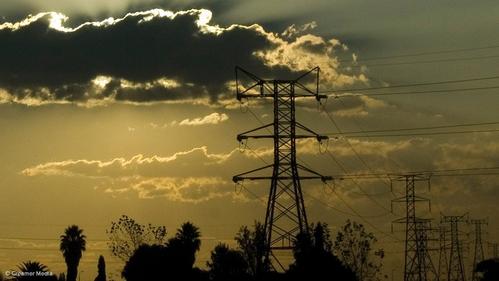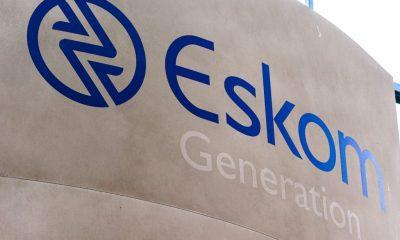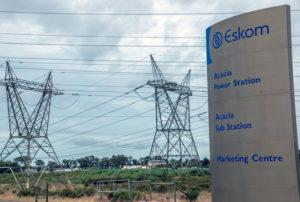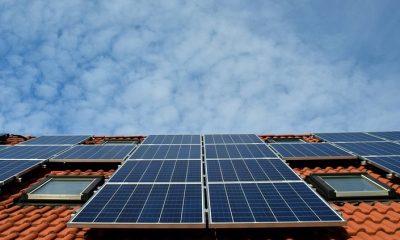Business
Power to the People: South Africa Edges Toward a Traded Electricity Market

South Africa is taking a major step toward reshaping its power sector with the planned launch of a traded electricity market, according to Rand Merchant Bank (RMB). The move is expected to introduce competition, give consumers greater control over their power sources, and ultimately drive down electricity prices.
For over a century, state-owned utility Eskom Holdings SOC Ltd. has dominated the country’s electricity landscape. But following years of mismanagement, underinvestment, and record-breaking power outages in 2023, the government is opening the grid to new players – and the market is responding.
“This is the beginning of a traded electricity market in South Africa,” said Judy Kobus, Head of Infrastructure Sector Solutions at RMB, in a recent interview in Johannesburg. “It brings a new level of flexibility and transparency to how power is bought and sold.”
Private Traders Step In
The National Energy Regulator of South Africa (NERSA) has already licensed 10 electricity traders, who will serve as intermediaries between generators and end-users. These traders include:
-
Green Electron Market
-
Discovery Green
-
CBI Electric Apollo
-
Africa GreenCo
-
Eskom’s National Transmission Company
These entities are expected to create a competitive market structure where electricity prices reflect supply and demand – rather than a rigid, regulated tariff system.
RMB, a unit of FirstRand Ltd., is backing the initiative by offering financing solutions to these new market entrants. The bank expects the liberalization of electricity trading to not only improve supply security but also lower costs for consumers over time.
Why This Matters for Consumers
The shift to a traded power market is a game-changer for businesses and households alike. For the first time, consumers will be able to choose their electricity supplier based on price and product offerings, such as renewable energy or peak-hour pricing packages.
Between 2008 and 2023, electricity prices in South Africa increased more than eightfold, according to data from the Centre for Renewable and Sustainable Energy Studies at Stellenbosch University. Over the same period, general inflation was 215%.
This growing cost pressure has made energy affordability a serious concern. If the traded market succeeds, it could stabilize – or even reverse – the trend of rising electricity costs.
A New Chapter for Energy in South Africa
The creation of a traded electricity market represents a paradigm shift for Africa’s most industrialized economy. It signals a break from the centralized, state-run model and embraces a more decentralized, competitive system aimed at efficiency and innovation.
While Eskom will still play a critical role as a grid operator and power producer, the rise of licensed traders opens up opportunities for independent power producers (IPPs), renewable energy firms, and tech-driven energy platforms.
As infrastructure investments ramp up and market rules are refined, consumers and businesses alike could begin seeing the benefits of a diversified, transparent power market within the next few years.
South Africa’s move toward a traded electricity market is a bold step in modernizing its energy sector. With private traders entering the market and regulatory support growing, the country is poised to offer its citizens real choices in how they power their lives – and at what cost.
{Source: Financial Post}
Follow Joburg ETC on Facebook, Twitter , TikTok and Instagram
For more News in Johannesburg, visit joburgetc.com



























